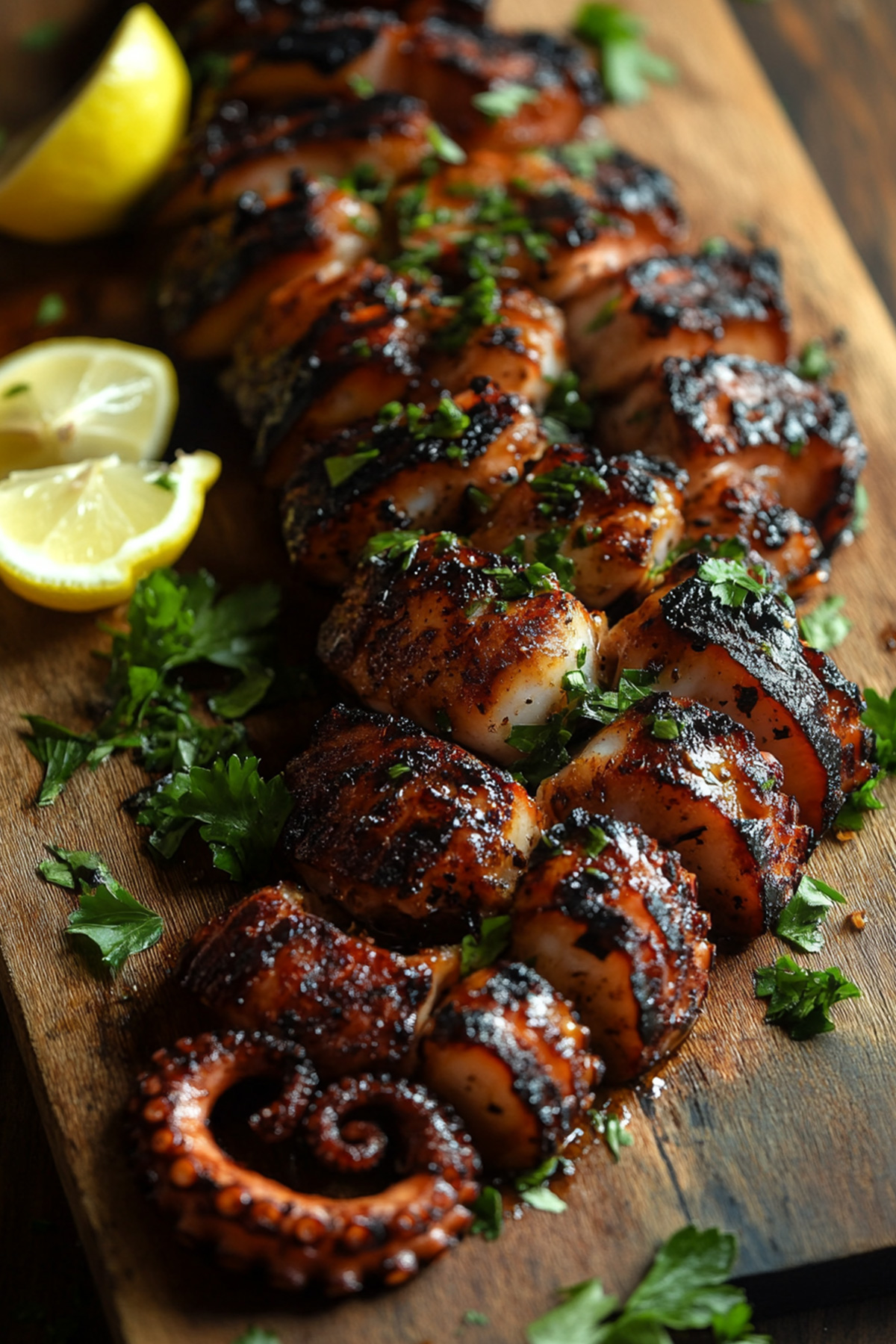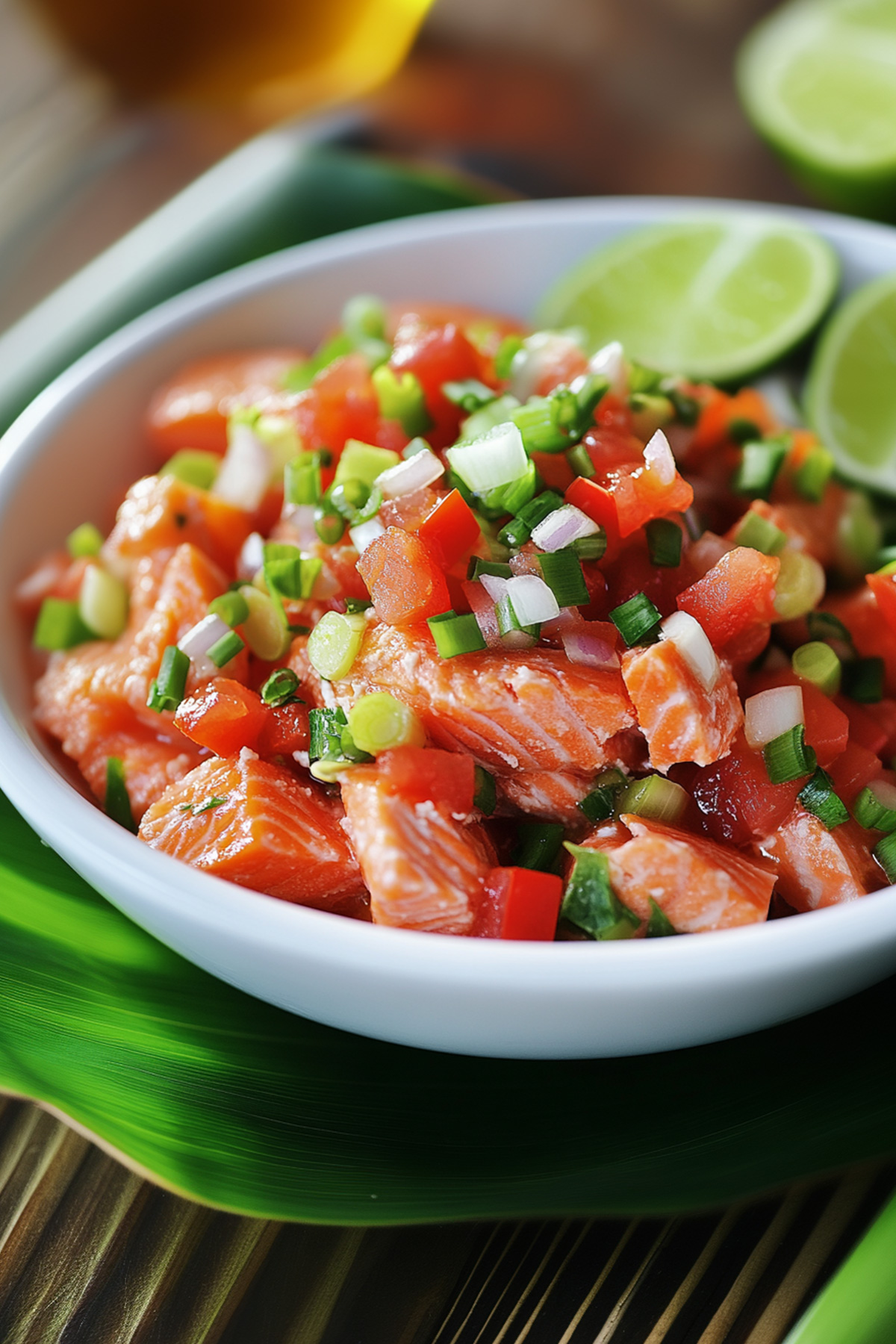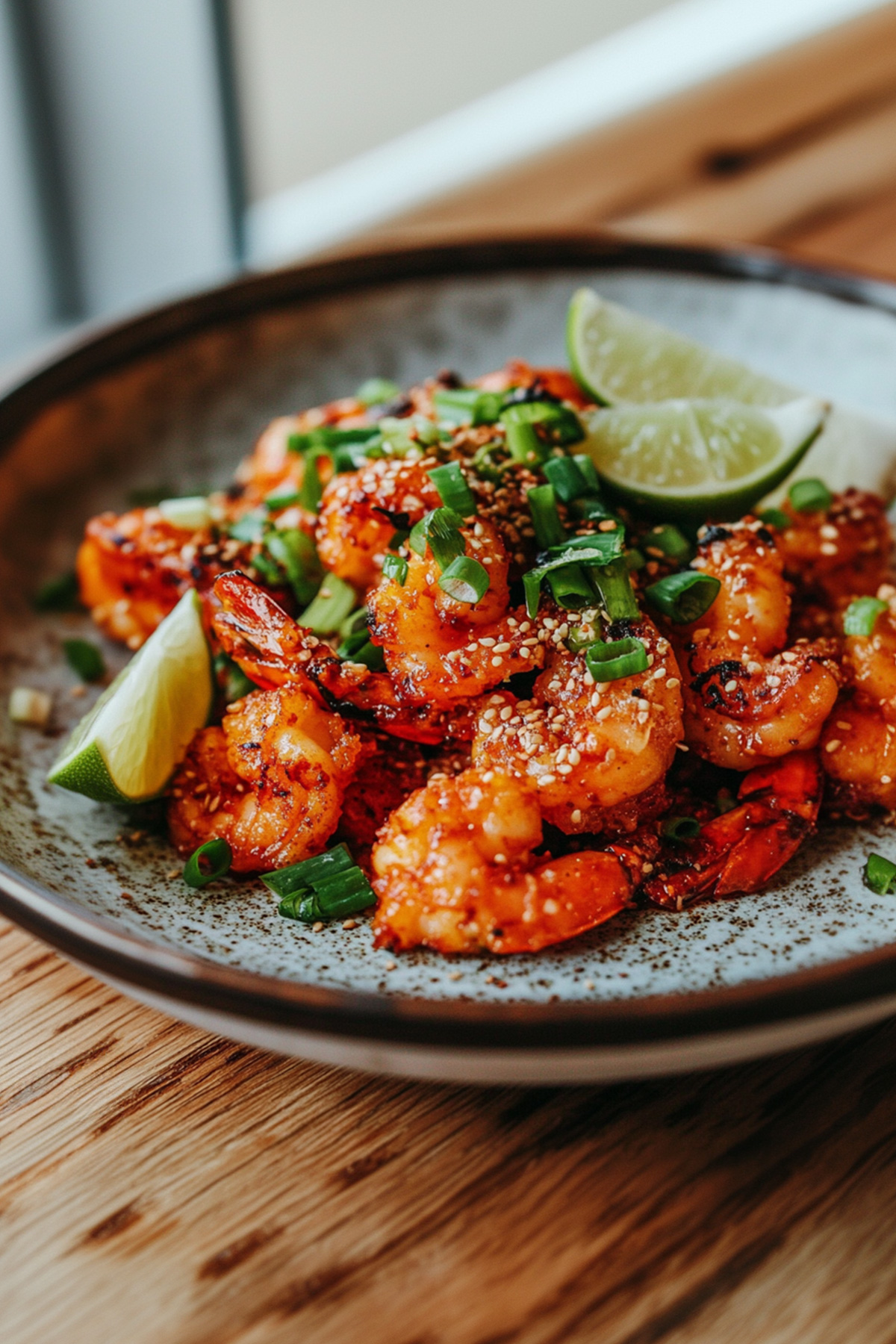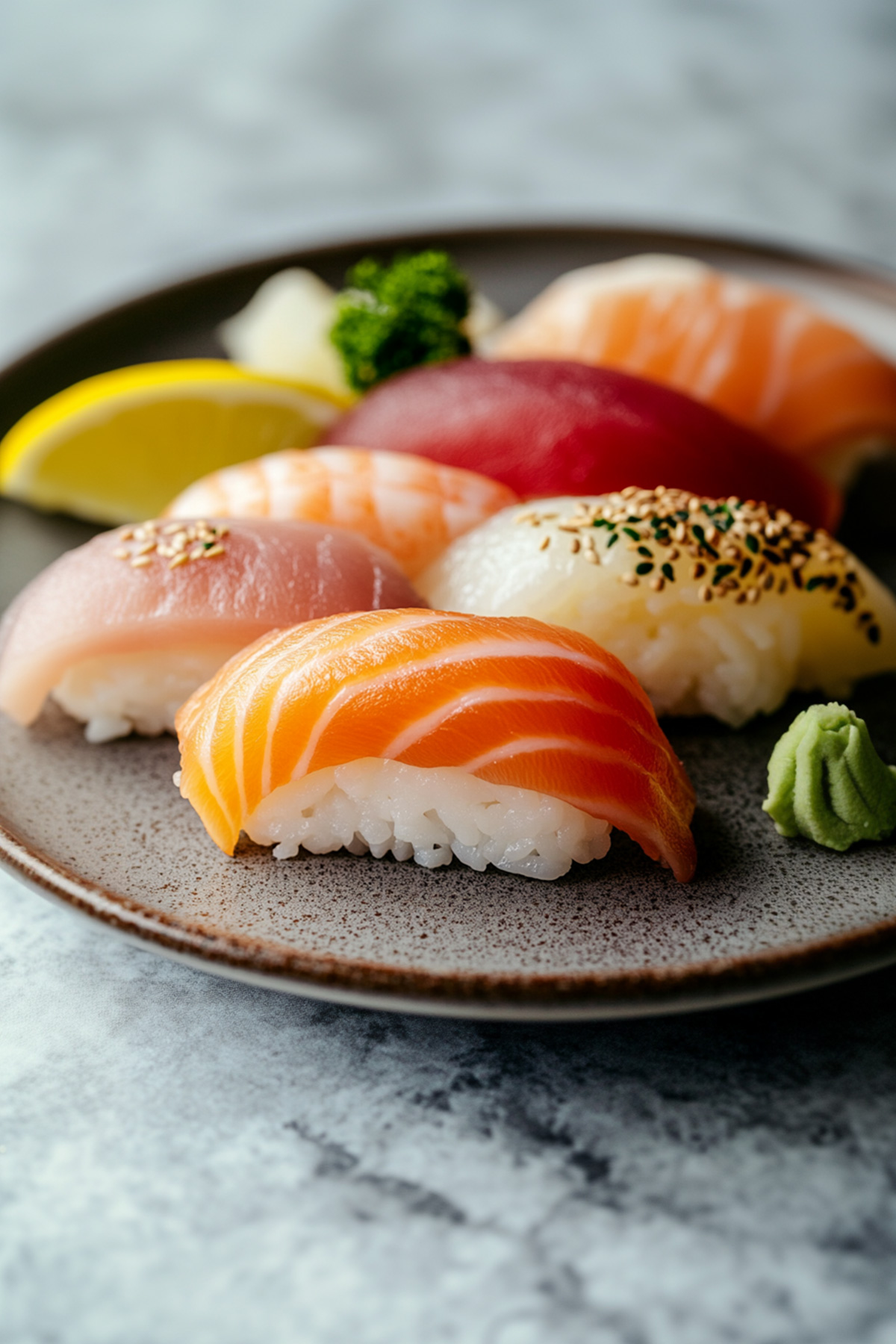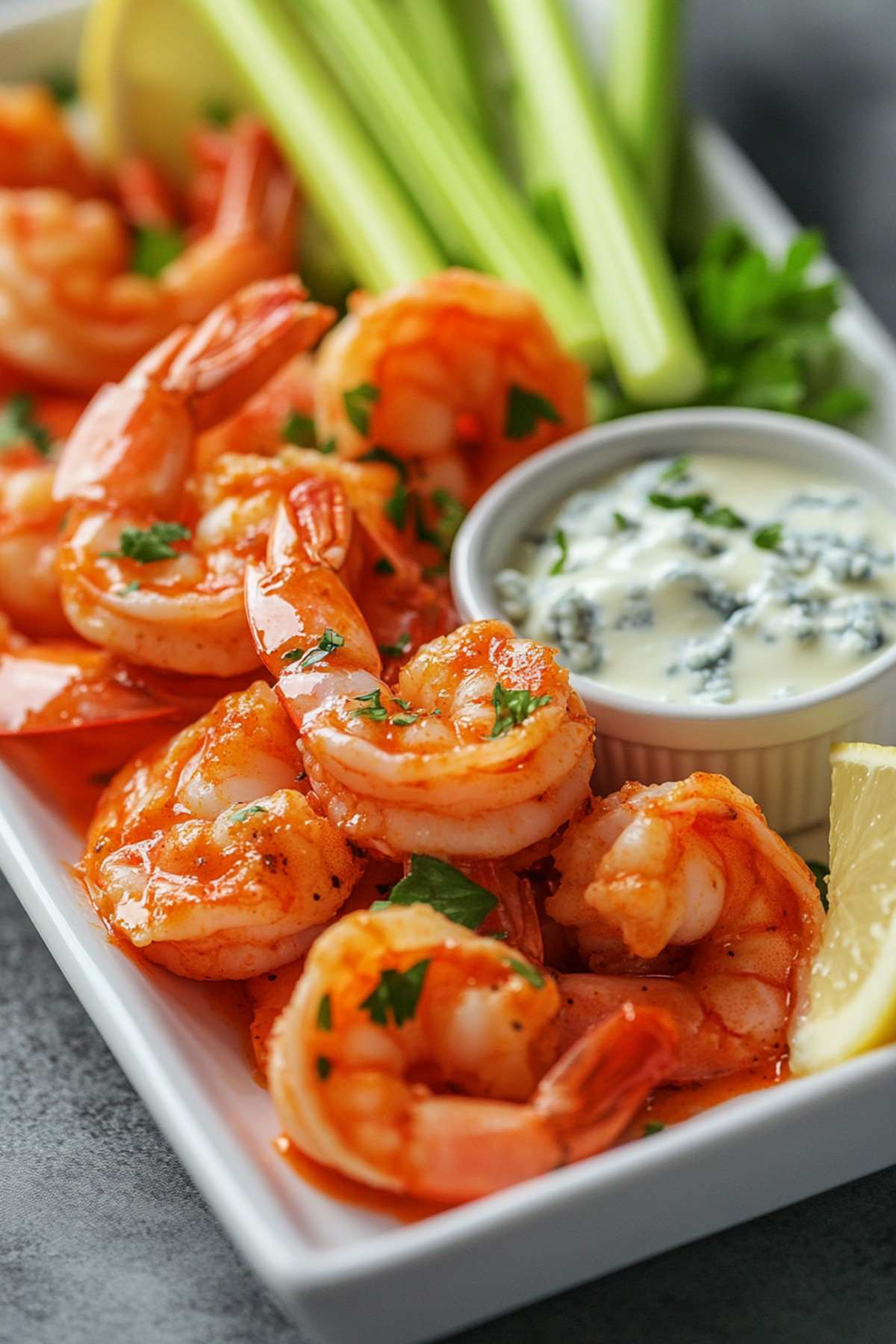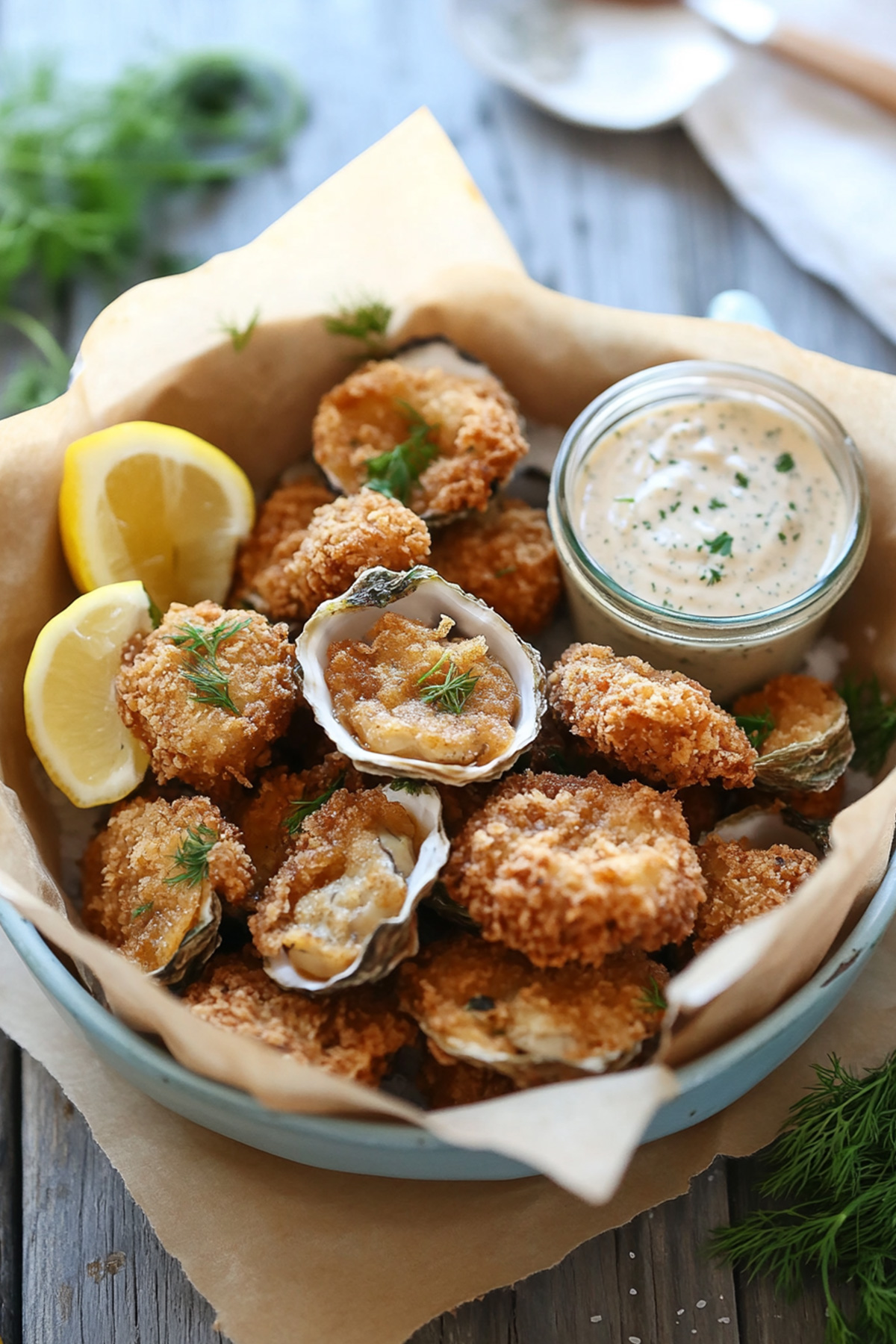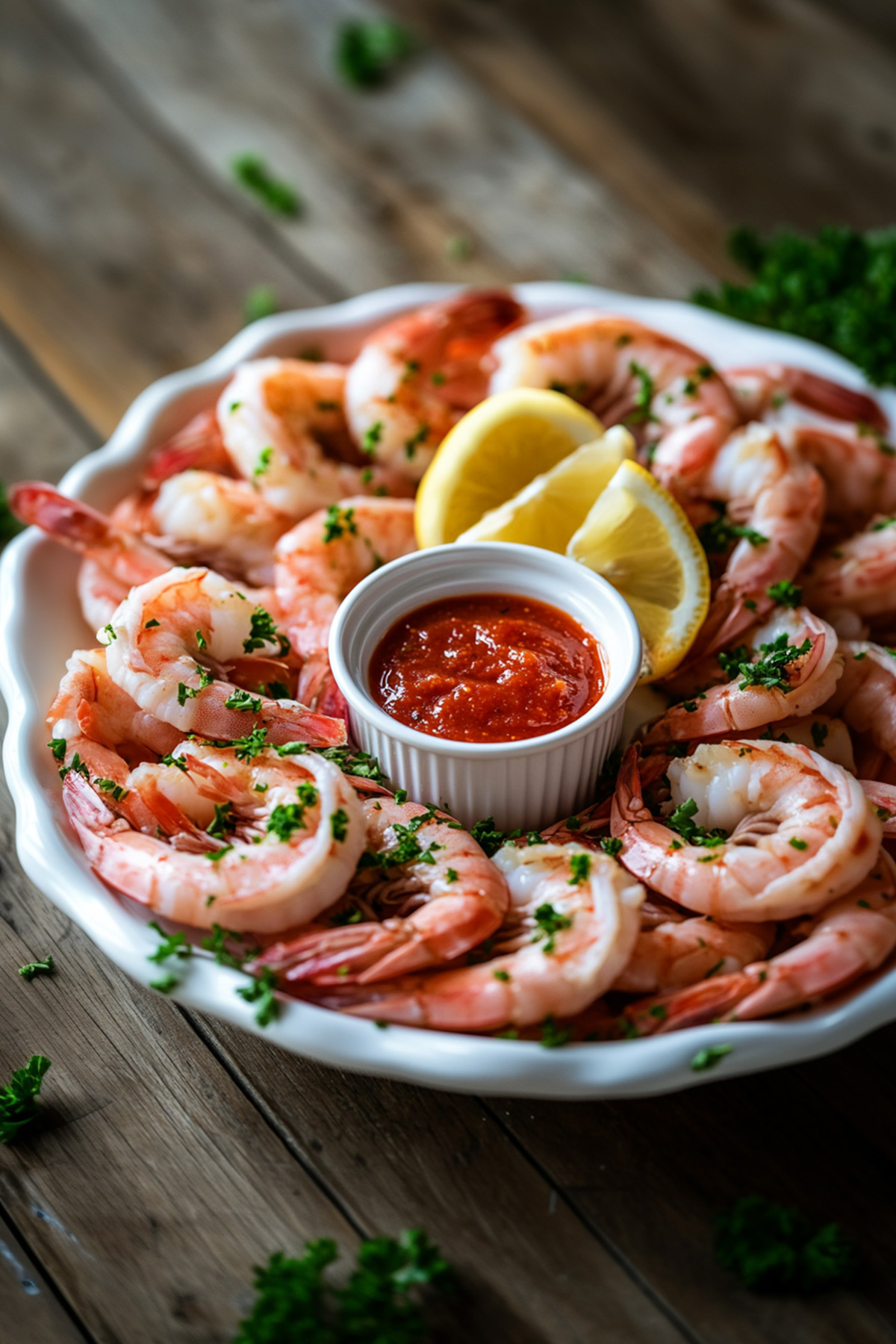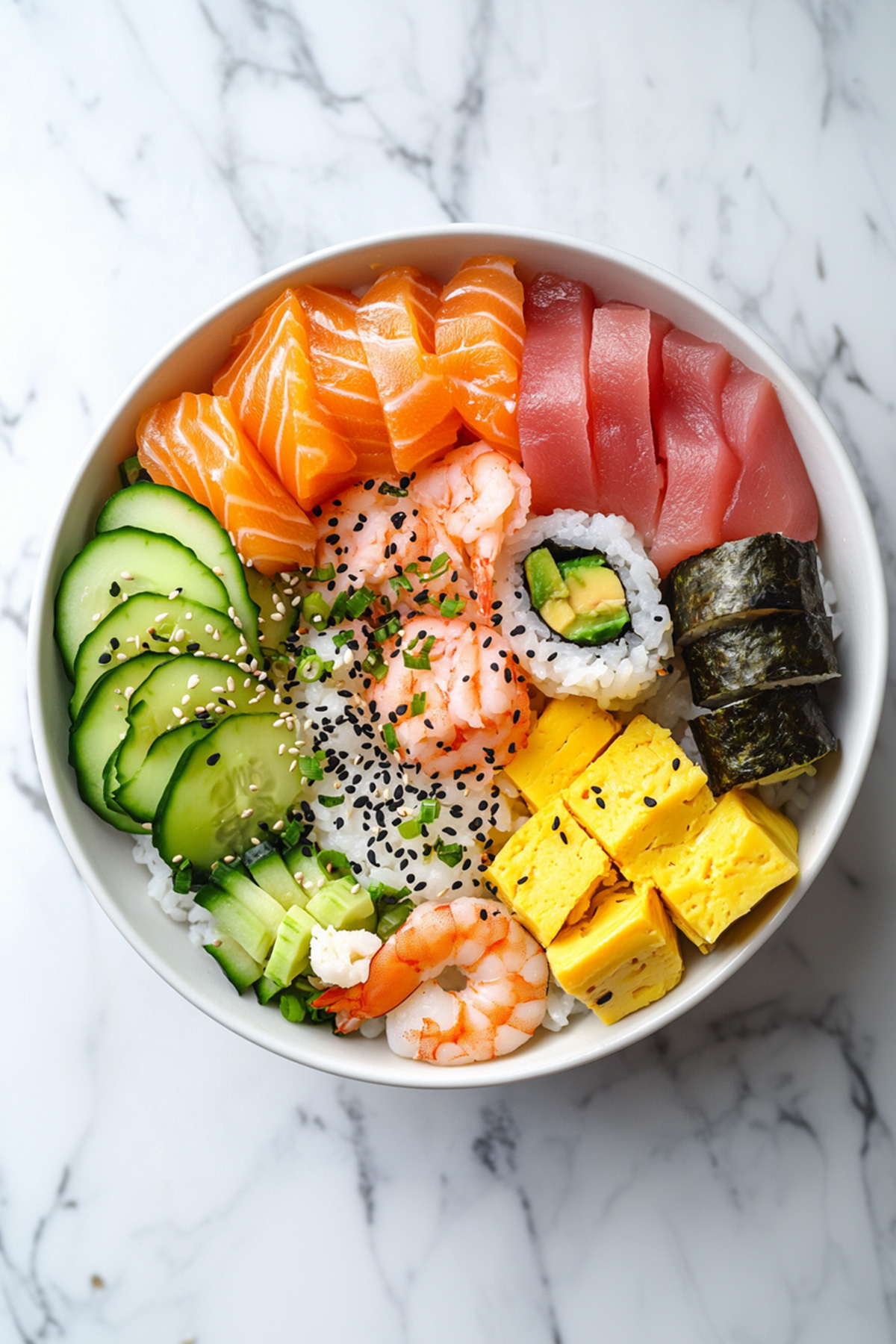Disclosure: As an Amazon Associate and participant in other affiliate programs, we earn from qualifying purchases. We only recommend products we believe will provide value to our readers.
Most people believe grilling octopus at home is an impossible culinary feat reserved for professional chefs. Home cooks often avoid this impressive dish because they fear it will turn out tough or rubbery.
The process of grilling octopus becomes surprisingly straightforward once you understand the essential techniques. This complete guide shows you the quickest way to prepare restaurant-quality grilled octopus in your kitchen. Seafood enthusiasts and adventurous cooks looking to expand their repertoire will find techniques to create tender, flavorful octopus that belongs on any gourmet menu.
Table of Contents
Understanding Octopus: A Buyer’s Guide
The right octopus selection is a vital first step to create amazing grilled octopus. Your success at the market will set the stage for an excellent dish.
Fresh vs. Frozen You’ll find most market octopus comes frozen, which works great. On top of that, it gives better results since freezing helps tenderize the meat. A truly fresh octopus should meet these quality markers:
- Shiny, purplish skin without discoloration
- Clean, ocean-like smell (no strong fishy odor)
- Firm, elastic flesh that springs back when pressed
- Clear, not cloudy, eyes
- Pinkish-white suction cups
Size Matters Medium-sized octopus between 2-4 pounds works best for grilling. This range gives you the perfect balance of tenderness and meatiness. Small octopus dries out fast on the grill, and large ones take too long to cook.
Where to Buy Specialty seafood markets, Asian grocers, or well-stocked supermarket seafood counters are your best bet. Many fishmongers can special order octopus if you ask ahead. Inland shoppers can rely on frozen octopus from good suppliers for consistent quality.
Storage Tips Good storage makes all the difference. Use fresh octopus within 24 hours and keep it on ice in your fridge. Frozen octopus stays good in your freezer for up to three months. Let it thaw in the refrigerator for 24-48 hours before cooking.
Seasonal Considerations Freezing makes octopus available year-round, but fresh octopus peaks from March through November. These months offer high-quality catches at better prices.
Read also: Sous Vide Octopus Recipe
Note that you should ask your fishmonger about pre-cleaning or tenderizing. This information changes how you’ll prepare it. Pre-tenderized octopus can save you lots of prep time.
Essential Equipment for Grilling Octopus
You need the right tools to grill octopus perfectly. A well-equipped grilling station will give you that perfect char and tenderness every time.
Basic Grilling Equipment Here are the essential tools you’ll need:
- A sturdy grill (gas or charcoal) with accurate temperature control
- Heavy-duty tongs with long handles for safe handling
- A reliable meat thermometer
- Large, heavy-duty aluminum foil
- Heat-resistant gloves for protection
- A spray bottle to control flare-ups
- A large cutting board
- A sharp knife for preparation
Specialized Tools These specialized tools will make your octopus grilling much easier:
- A large stockpot or Dutch oven for pre-cooking
- A kitchen scale to weigh your octopus
- A timer or digital cooking clock
- A grill basket to prevent tentacles from falling through grates
- Stainless steel skewers for even cooking
Optional but Helpful These items will improve your grilling experience:
- A grill dome or lid for heat retention
- Cast iron grill press to achieve better char
- Ceramic plates for serving
- A brush to apply oil
- Storage containers for marinades
Preparation Area Setup Your workspace should have:
- A clean, spacious prep surface
- Easy access to running water
- Adequate lighting for evening grilling
- Storage space for tools and ingredients
- A designated area for marinades and seasonings
Maintenance Tools Your grilling equipment needs these items to stay in top condition:
- A quality grill brush
- Food-grade cleaning solutions
- Rust-prevention products
- Grill cover for protection
- Storage containers for tools
Check all your equipment before you start. A well-equipped grilling station makes the difference between a stressful cooking experience and an enjoyable culinary adventure. Clean, organized, and easily available tools will give you the best results when grilling octopus.
The Science Behind Perfect Grilled Octopus
The science behind grilled octopus will help you become skilled at preparing this delicate dish. Octopus meat’s unique structure makes it both challenging and rewarding to get it just right.
Why octopus meat gets tender or tough
Octopus meat has a distinctive muscle fiber arrangement that makes it different from other seafood. The muscles are arranged in multiple directions, like plywood layers. This unique structure lets the octopus move flexibly in nature but needs specific cooking techniques to become tender.
The role of collagen in octopus cooking
Your octopus’s texture depends on its collagen content. The flesh comes packed with muscle fibers and collagen that makes it rubbery at first. The collagen breaks down into silky gelatin as you cook it, creating that tender texture you want.
Temperature and timing considerations
The journey from tough to tender follows these temperature guidelines:
- Collagen starts breaking down at 130°F (54°C)
- The internal temperature should hit between 150-160°F (65-71°C) for the best tenderness
- You’ll get the best results by cooking at 190-200°F, just below a simmer
The cooking time changes based on size. A four to five-pound octopus usually needs four to five hours to reach perfect tenderness. You’ll know it’s ready when a knife glides in and out with little resistance.
The importance of proper preparation
The right preparation creates the foundation for tender grilled octopus. The meat contains about 80% moisture that releases easily with heat. You should avoid cooking in too much water because it dilutes the natural juices.
You might see different tenderizing methods, especially the traditional wine cork technique. The scientific evidence doesn’t back this practice. Your focus should be on temperature control and timing to get consistent results.
These proven techniques will give you the best results:
- A quick blanch in boiling water
- Slow-cooking at controlled temperatures
- Let the octopus cool in its own juices
Frozen octopus often becomes tender faster than fresh. This happens because freezing naturally breaks down the muscle fibers, giving you a jumpstart on the tenderizing process.
How to grill Octopus: Pre-Grilling Preparation
Perfect grilled octopus starts with the right preparation. Your success depends on specific steps that turn this tough seafood into a tender delicacy.
Cleaning and preparing octopus
Clean your octopus well, even if it’s pre-cleaned. Here’s what you need to do:
- Rinse under cold running water
- Remove the beak (located where tentacles join)
- Clean out the head cavity
- Remove eyes and innards if not already done
- Pat dry with paper towels
Tenderizing techniques
You have several proven ways to tenderize your octopus. Freezing works best as it breaks down the muscle fibers naturally. If you buy fresh octopus, freeze it for at least 24 hours.
Don’t fall for the myth about adding wine corks to cooking water – science doesn’t back this up. Instead, stick to these reliable tenderizing methods:
- Gentle pounding with a meat mallet
- Massaging with salt (traditional sushi method)
- Freezing and thawing process
- Adding acidity during cooking
The pre-cooking debate: necessary or not?
Pre-cooking beats direct grilling hands down. You need to pre-cook for tender results. Simmer your octopus for 45-60 minutes to create the perfect texture. The internal temperature should hit between 150°F and 160°F for the best tenderness.
Marination tips and timing
Marination improves flavor and texture after pre-cooking. Let your octopus marinate for at least 12 hours, though 24 hours gives the best flavor.
For the marinade, combine:
- High-quality olive oil
- Red wine vinegar or lemon juice
- Fresh herbs (oregano, parsley)
- Minced garlic
- Salt and pepper
Keep your octopus in the refrigerator while marinating. Turn it occasionally so the flavors spread evenly. Take it out to reach room temperature before grilling.
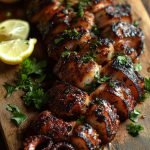
Grilled Octopus Recipe
- Total Time: 55 minutes
- Yield: 6 servings 1x
Description
Make your kitchen feel like a Mediterranean taverna with this classic Greek-style grilled octopus recipe. The dish combines tender, charred octopus with bright citrus and herb flavors that will give a stunning centerpiece to any meal.
This foolproof grilled octopus recipe features succulent tentacles with a perfect char and a vibrant herb vinaigrette. The combination of pre-cooking and grilling will give you tender results that match what you’d find in coastal Mediterranean restaurants.
Ingredients
- 2–3 pounds octopus, cleaned and prepared
- 1/2 cup extra virgin olive oil
- 1/4 cup red wine vinegar
- 4 minced garlic cloves
- 2 tablespoons fresh parsley, diced
- 2 teaspoons dried oregano
- 1 tablespoon fresh lemon juice
- 1 teaspoon sea salt
- 1/2 teaspoon black pepper
- 1/2 teaspoon red chili flakes
Instructions
- Bring a large pot of water to boil with onions, whole spices, and lemon halves.
- Simmer octopus gently for 45-60 minutes until fork-tender.
- Remove from water and let cool completely.
- Mix the vinaigrette by combining olive oil, vinegar, garlic, lemon juice, and seasonings.
- Heat your grill to medium-high heat (450°F).
- Brush octopus with olive oil and season with salt.
- Grill for 3-4 minutes per side until charred.
- Transfer to serving plate and drizzle with prepared vinaigrette.
Notes
- Your octopus should be completely dry before grilling to get the best results.
- Perfect doneness requires an internal temperature between 150°F and 160°F.
- You can make the octopus up to 24 hours ahead and keep it in the refrigerator.
- Brush the octopus with oil right before grilling to prevent sticking.
- Prep Time: 10 minutes
- Cook Time: 45 minutes
- Category: Seafood
- Method: Grilling
- Cuisine: Greek
Serving and Presentation Ideas
Make your grilled octopus stand out by turning it into an impressive culinary masterpiece with smart presentation. This Mediterranean delicacy needs to look as good as it tastes.
Your choice of serving vessel makes a difference. A rustic wooden board or pristine white platter works as a stunning backdrop. The plate’s temperature is also key – warm plates help keep your dish at the perfect serving temperature.
The classic Mediterranean style calls for tentacles arranged in a spiral pattern that adds height and catches the eye. Show off those beautiful grill marks you worked hard to get by displaying the charred exterior.
Here are some great garnishes to improve your presentation:
- Fresh lemon wedges and herbs (oregano, parsley, or dill)
- Colorful cherry tomatoes or roasted bell peppers
- Thinly sliced red onions or shallots
- Capers or olives for briny contrast
- Microgreens or edible flowers for elegance
The sauce presentation plays a vital role. Instead of drowning your octopus, create artistic drizzles or small pools of sauce on the plate. Traditional accompaniments include ladolemono (Greek lemon-oil sauce), romesco, or herb-infused olive oil.
Your side dishes should complement the octopus without stealing the show. These items work well with grilled octopus:
- Grilled lemon halves
- Crispy fingerling potatoes
- Simple arugula salad
- Charred bread rubbed with garlic
Portion size depends on your serving style. Plan for 3-4 ounces per person as an appetizer, or 6-8 ounces for a main course. Add garnishes right before serving to keep everything fresh and visually appealing.
Family-style serving works best with the octopus in the center of a large platter, surrounded by accompaniments. This creates a welcoming, communal dining experience that’s typical of Mediterranean cuisine. Individual portions should focus on height and movement on each plate.
Grilled octopus releases moisture after cooking, so place it on a slightly raised part of the plate. This simple trick keeps your presentation looking crisp and professional throughout the meal.
Health Benefits of Grilled Octopus
Grilled octopus can transform your diet with amazing health benefits. This seafood packs more protein than regular meat options, and grilling keeps all the good stuff while cutting down on extra fats.
Your body gets these powerful nutrients from octopus:
- High-quality complete protein
- Essential minerals like iron and selenium
- Vitamin B12 and other B vitamins
- Heart-healthy omega-3 fatty acids
- Zinc for immune support
Grilling preserves nutrients better than deep-frying or heavy saucing. The best part? Grilled octopus gives you lots of protein with minimal calories – perfect if you’re watching your weight.
Protein Power Octopus stands out for its impressive protein content. A 3-ounce serving packs about 25 grams of protein that helps maintain and build muscle. This lean protein keeps you full longer and helps manage your weight better.
Heart Health Benefits Omega-3 fatty acids in octopus support your heart’s health. You can maintain healthy cholesterol levels and boost heart function by eating seafood like octopus as part of a balanced diet.
Brain-Boosting Properties The benefits go beyond physical health. B vitamins and omega-3s in octopus work together to support your brain function and mental health. These nutrients are vital for mental clarity and help your nervous system work properly.
Mineral-Rich Profile Octopus shines with its mineral content. Iron carries oxygen through your body, while selenium supports thyroid function and works as an antioxidant. You’ll also find zinc, which keeps your immune system strong.
Low-Fat Protein Option You can make a great low-fat protein choice by grilling octopus without extra oil. Fat drips away during grilling while natural flavors and nutrients stay locked in. This makes it perfect for Mediterranean diet followers or anyone looking for healthier protein options.
Digestive Benefits Your body can easily digest and absorb octopus protein. Athletes and people recovering from workouts find this especially beneficial.
The way you prepare your grilled octopus affects its health benefits. Skip heavy sauces and extra oil during grilling to keep all the natural nutrients and get the most health benefits.
References:
– WebMD
– Healthline
Nutrition Information
The nutritional breakdown of your grilled octopus dish reveals some interesting facts. These values will help you make smart choices about adding this seafood to your daily meals.
A 3.5-ounce (100-gram) portion of grilled octopus packs plenty of nutrients without loading up on calories. Here’s a detailed look at what you get in each serving:
| Nutrient | Amount per Serving |
|---|---|
| Calories | 140 |
| Protein | 25g |
| Total Fat | 2g |
| Saturated Fat | 0.5g |
| Cholesterol | 95mg |
| Sodium | 350mg |
| Potassium | 350mg |
| Carbohydrates | 4g |
| Fiber | 0g |
| Sugar | 0g |
Grilled octopus stands out because it gives you lots of protein without many calories. The way you cook it matters too. Grilling cuts down on fat compared to other cooking methods, which makes it great for anyone watching their health.
Your plate of grilled octopus comes packed with these nutrients:
- Vitamin B12: 20% of Daily Value (DV)
- Iron: 15% of DV
- Selenium: 45% of DV
- Zinc: 10% of DV
- Magnesium: 8% of DV
This lean protein fits nicely into several eating styles. You’ll find it works great with:
- Low-carb and ketogenic diets
- Mediterranean-style eating plans
- High-protein fitness regimens
- Pescatarian lifestyles
Your protein intake varies based on how you cook it and your portion size. A well-grilled serving keeps most of its natural protein while keeping added fats low. This makes it a fantastic swap for chicken or beef.
People tracking their macros will love octopus’s protein-to-fat ratio. The low carb count makes it perfect for carb-restricted diets. The way you prepare and season your octopus affects its final nutritional value.
Here’s what to keep in mind when adding grilled octopus to your meals:
- Your portion size determines total calories
- Marinades can add extra calories and sodium
- Side dishes change the meal’s overall nutrition
- Cooking time might slightly change nutrient levels
Watch the sodium levels carefully. Restaurant versions might pack extra salt, but cooking at home lets you control the seasoning better.
The best way to enjoy your grilled octopus is with fiber-rich veggies and whole grains. This combo creates a filling meal that keeps you energized longer.
References:
– Eat This Much
– WebMD
Conclusion
Grilled octopus is proof of culinary mastery you can achieve at home. This Mediterranean delicacy might seem scary at first, but proper preparation techniques and understanding of octopus cooking science make it approachable.
The right equipment and knowledge about temperature control will help you turn tough octopus into tender, flavorful bites that rival any gourmet restaurant. You can create the perfect balance of tenderness and char that makes exceptional octopus dishes through pre-cooking and careful grilling.
Grilled octopus doesn’t just look impressive – it packs remarkable nutritional benefits. This protein-rich seafood stays low in calories while providing essential nutrients, making it an excellent choice for health-conscious food lovers.
Quality ingredients and careful attention to detail lead to the best results. Your patience with pre-cooking guidelines and the grilling process will pay off. This impressive dish will soon become part of your cooking repertoire, giving you a show-stopping option that’s both healthy and delicious.
You may also like:
– Mediterranean Grilled Branzino
– Grilled Yellowtail Recipe
– Grilled Black Cod Recipe

